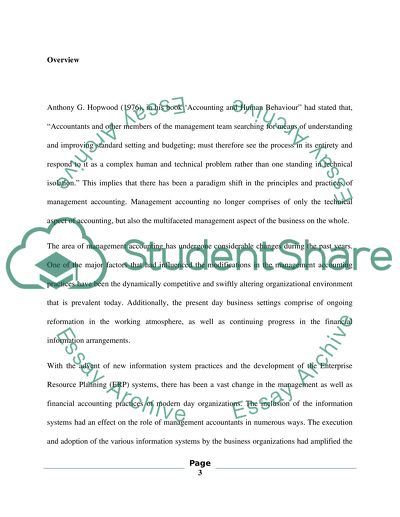Cite this document
(“Contemporary Management Accounting System Essay”, n.d.)
Retrieved de https://studentshare.org/finance-accounting/1392761-contemporary-management-accounting-system
Retrieved de https://studentshare.org/finance-accounting/1392761-contemporary-management-accounting-system
(Contemporary Management Accounting System Essay)
https://studentshare.org/finance-accounting/1392761-contemporary-management-accounting-system.
https://studentshare.org/finance-accounting/1392761-contemporary-management-accounting-system.
“Contemporary Management Accounting System Essay”, n.d. https://studentshare.org/finance-accounting/1392761-contemporary-management-accounting-system.


